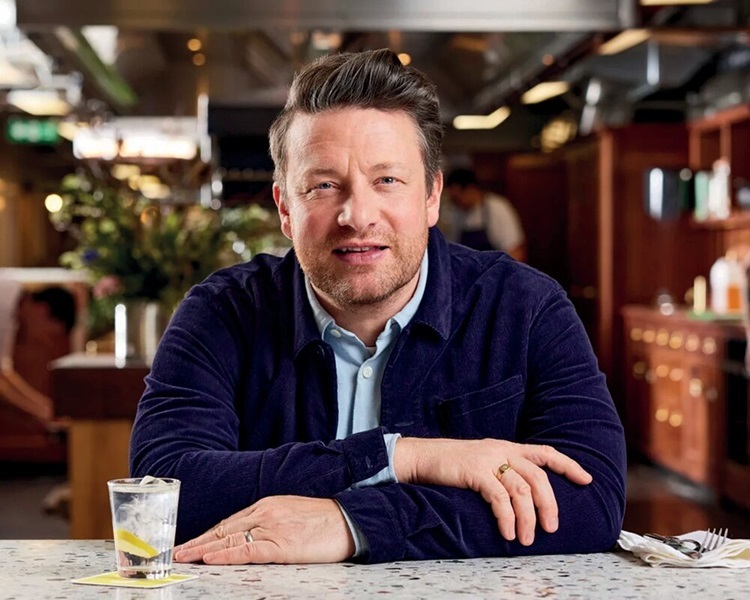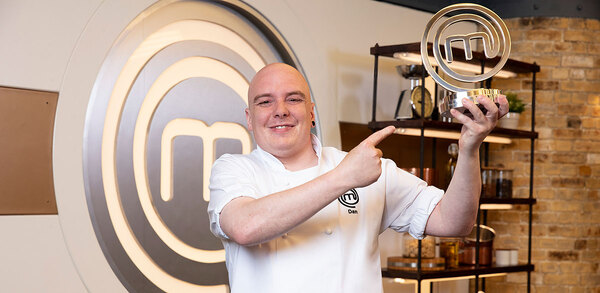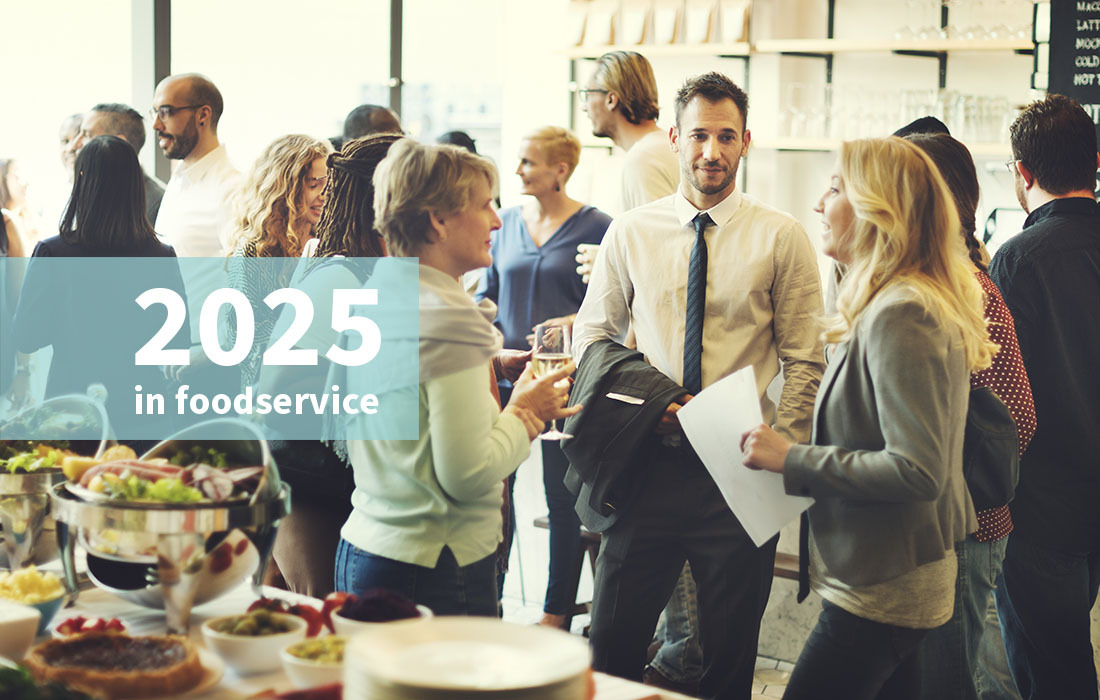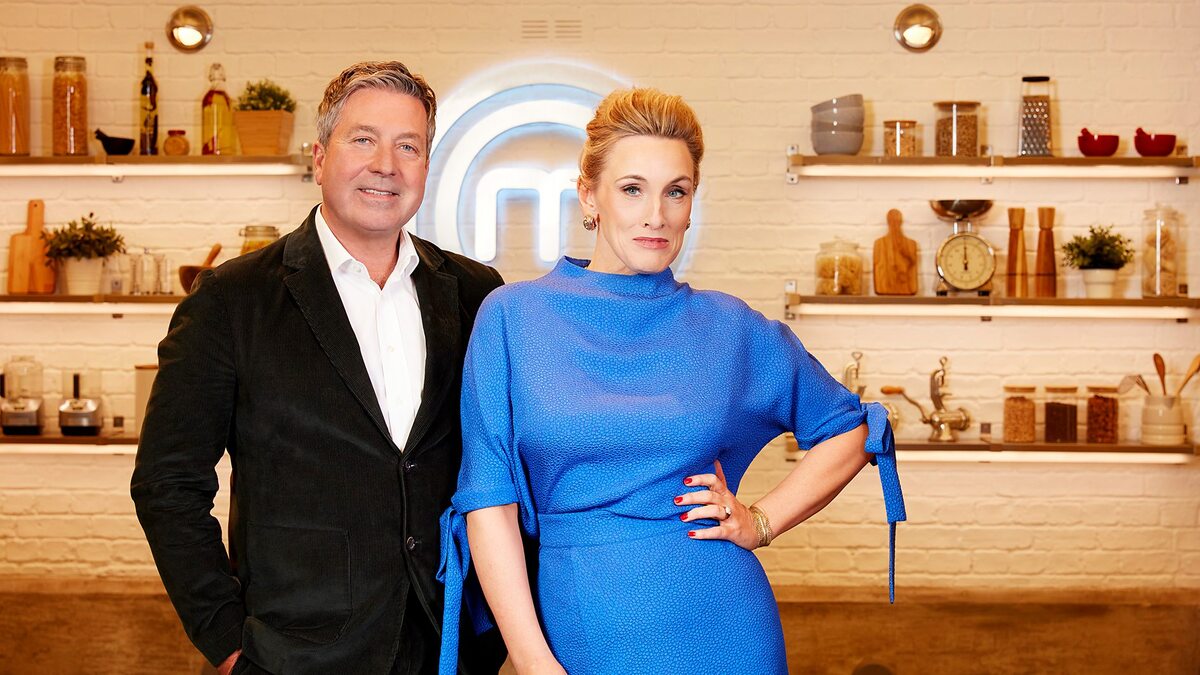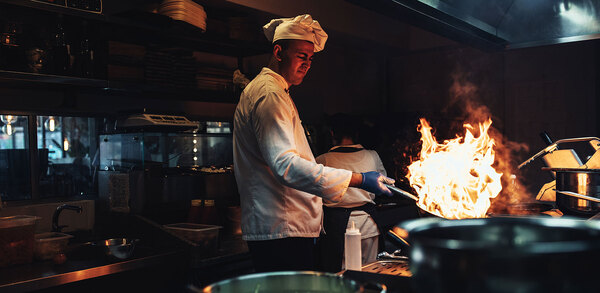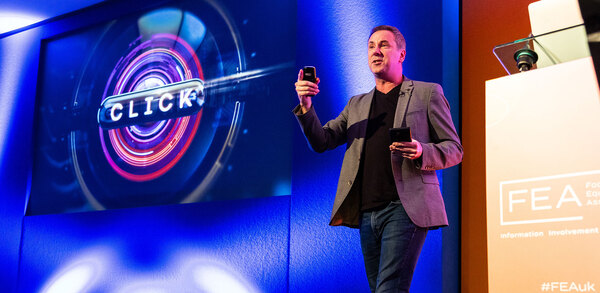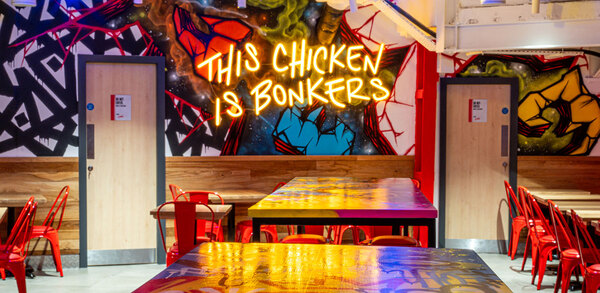Viewpoint: Fundamental changes are needed for hospitality’s future
We’re witnessing a restaurant revival thanks to the influx of footfall in the hospitality industry. But last month’s news of UK inflation hitting a 40-year high and the cost of energy and fuel has affected the price of produce. Combining that with the latest changes in VAT and business rates, it is looking all too gloomy for the sector, despite bouncing back from two years of turmoil. To sustain sales and covers from depleting again, there are some solutions that I think are worth exploring as an industry, or as individual restaurateurs.
Solution 1: Negotiate the price of the high street
The performance of the high street has been in a state of flux for over a decade, but this has become more touch-and-go in the wake of two years of lockdowns and the current cost of living. Hospitality chains and retail brands are struggling to afford leases for commercial spaces in cities and town centres, with this being more catastrophic for independent stores.
The norm here in the UK is, when you enter into a lease agreement with your landlord – which you naturally intend to extend – the cost of the space can only increase via upwards-only rent reviews. During my time spent working for Famous Brands in South Africa, we would constantly renegotiate the price of a property upon our five-yearly rent review cycles as the dynamic of the retail area that the property resides in evolves.
So my suggestion here is to embark on a change in contracts that can best be led by an initiative bringing a collective of hospitality and retail leaders together, pushing the property market to be a negotiable space. This can relieve some costs and rates if there’s room to decrease these kinds of overheads.
Solution 2: A change in reputation and the physical
The Office for National Statistics’ latest records on the huge amount of hospitality vacancies demonstrate another threat restaurateurs are under. Lack of staff could lead to closures and burnout for staff already on the payroll. The fundamental here is a behaviour change towards a career in hospitality. There is an opportunity to start off as a waiter in a local restaurant and to then become one of the most influential figures in an organisation. For example, Vapiano’s chief operating officer, Monika Czyz, is one of these success stories. This mindset change can start in education, teaching students the possibilities of gaining great responsibility and influence in a sector that generated almost £60b for the UK economy in 2019.
But I do recognise this isn’t an immediate change. Therefore, a small investment in restaurant technology can support your staff and restaurant to run at maximum efficiency. For example, we adopted QSR automations in our kitchens to automate differentiating timings to cook pasta and pizza, so both are on the pass at similar times. Adopting digital tools in the physical space is placing some stresses on automation rather than your employees, who are already feeling the pressure of the job market.
Solution 3: Sourcing food supplies
The government is discussing whether to slash the tariffs of imported goods, including food and drink, but it is still up for debate whether this will cost our economy, as the UK farming industry warns of the devastation the lower tariffs could inflict on agriculture’s contribution to our GDP.
Minette Batters, president of the National Farmers’ Union, exclaimed how the UK is the third-cheapest food supplier, while farmers waiver worries of unfair competition as governments co-sign free trade agreements with Britain post-Brexit, as international produce could end up being far cheaper. Knowing this, the government should be funnelling more attention to local producers, rather than depending on other nations as part of their levelling up plans, and should be encouraging even the largest organisations to source locally.
It is great to see how the restaurant industry has shifted to become more of a community, rather than competitive environment in recent months, as we navigate through our recovery period. This is thanks to the likes of UKHospitality and Kate Nicholls truly rallying our corner and making headlines by challenging the government. Without better commitment from the government to support and actively communicate changes to our industry, we may see menu prices skyrocket, leading to less footfall and eventually closures.
Craig Goslin is managing director at Vapiano UK
Image: Shutterstock





